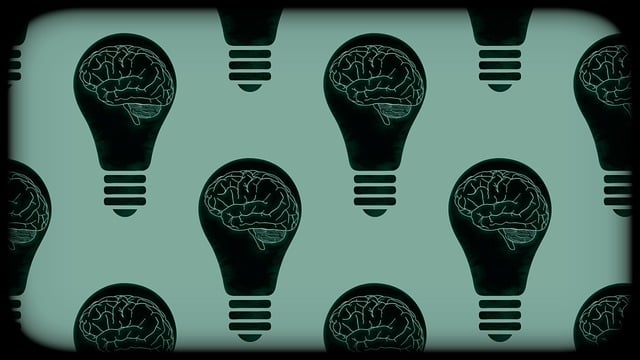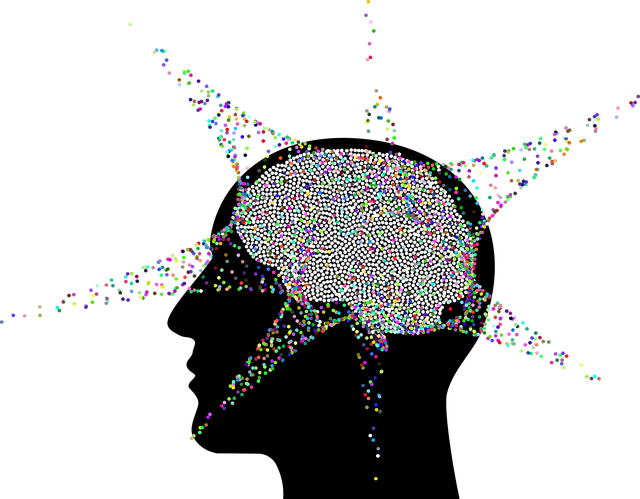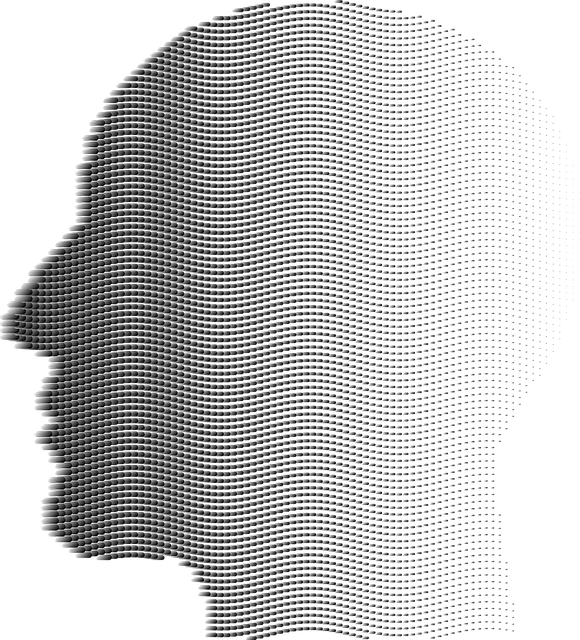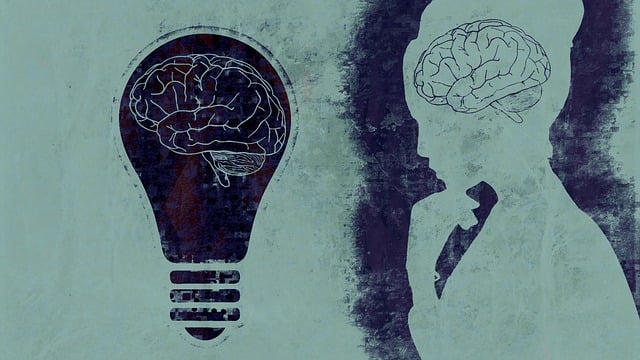Depression among adolescents is a growing concern, often masked by subtle changes in behavior. Early intervention through open conversations about mental health, healthy coping mechanisms like therapy for adolescent teens, stress management techniques, and developing inner strength is crucial. Cognitive Behavioral Therapy (CBT) has proven effective in treating teen depression, and integrated approaches combining CBT with interpersonal therapy or mindfulness-based interventions can enhance healing. A multi-faceted approach involving pain management, therapy, mental health awareness, communication strategies, empathy building, and healthy lifestyle choices empowers teens to better navigate life's challenges. Building a strong support network comprising family, friends, community resources, and organizations offering tailored therapy services plays a game-changing role in preventing depression among adolescents and teens.
Depression among adolescent teens is a growing concern, but with proactive strategies, prevention is feasible. This comprehensive guide explores various tools to combat teen depression, focusing on signs and symptoms, effective therapy options, and alternative pain management techniques. We delve into the significance of lifestyle changes, emphasizing nutrition, exercise, and sleep as foundational elements for mental well-being. Additionally, building a robust support network, including family, friends, and community resources, is highlighted as a vital prevention strategy.
- Understanding Depression in Adolescent Teens: Signs and Symptoms
- The Role of Therapy: Effective Treatments for Teen Depression
- Pain Management Techniques to Combat Emotional Agony
- Lifestyle Changes for Improved Mental Health: Nutrition, Exercise, and Sleep
- Building a Support Network: Family, Friends, and Community Resources
Understanding Depression in Adolescent Teens: Signs and Symptoms

Depression among adolescent teens is a growing concern, with signs and symptoms that can often go unnoticed. It’s crucial to recognize the subtle changes in behavior and mood that may indicate a struggle. Teen depression manifests differently than in adults; it might present as persistent sadness, loss of interest in activities once enjoyed, changes in appetite or sleep patterns, fatigue, difficulty concentrating, and feelings of worthlessness or guilt.
These symptoms can significantly impact a teen’s ability to function at school, maintain relationships, and engage in daily activities. Early intervention is key; encouraging open conversations about mental health and promoting healthy coping mechanisms like therapy for adolescent teens, stress management techniques, and the development of inner strength can be life-saving. Increasing mental health awareness and equipping teens with tools for pain management are essential steps in preventing and addressing depression during these formative years.
The Role of Therapy: Effective Treatments for Teen Depression

Depression among adolescents is a growing concern, but therapy offers a beacon of hope. Cognitive Behavioral Therapy (CBT) has proven particularly effective for teen depression, focusing on identifying and changing negative thought patterns and behaviors that contribute to low mood. This form of therapy equips young people with coping strategies to manage their symptoms and improve overall mental wellness.
Additionally, integrated approaches combining CBT with other therapeutic modalities, such as interpersonal therapy or mindfulness-based interventions, can be beneficial. For instance, teaching adolescents skills for mood management and burnout prevention strategies is invaluable. Healthcare providers can also encourage journaling exercises to promote self-awareness and reflection, fostering a deeper understanding of emotional states and triggers—a powerful tool in the journey towards mental wellness.
Pain Management Techniques to Combat Emotional Agony

Depression prevention strategies often include effective pain management techniques to combat emotional agony, especially among adolescent teens. Therapy for adolescent teens plays a crucial role in addressing underlying causes of distress and teaching them coping mechanisms. Incorporating mental health awareness into daily routines can significantly alleviate symptoms. Communication strategies, such as expressing feelings openly and actively listening, foster better connections with peers and family, reducing feelings of isolation.
Empathy building strategies are also vital. By fostering understanding and compassion within social circles, teens experience a sense of belonging and support, which is protective against depression. These methods collectively empower individuals to navigate life’s challenges more effectively, enhancing overall well-being.
Lifestyle Changes for Improved Mental Health: Nutrition, Exercise, and Sleep

Maintaining a healthy lifestyle plays a significant role in preventing depression and promoting overall mental well-being. Nutrition is a key aspect; incorporating nutrient-rich foods into your diet can positively impact brain chemistry and energy levels. For adolescent teens, ensuring an adequate intake of essential vitamins and minerals can be as simple as eating a balanced diet with plenty of fruits, vegetables, whole grains, and lean proteins.
Regular exercise is another powerful tool in the fight against depression. Physical activity releases endorphins, which are natural mood boosters, and promotes better sleep quality. Encouraging teens to engage in activities they enjoy, such as sports or outdoor adventures, can foster resilience building and provide an outlet for stress reduction methods. Additionally, establishing a consistent sleep routine is vital; sufficient rest allows the body to recover and supports healthy brain function, enhancing mental health awareness and overall resilience.
Building a Support Network: Family, Friends, and Community Resources

Building a strong support network is an integral part of preventing depression, especially for adolescents and teens navigating their mental health journey. Family and friends play a pivotal role in providing emotional support and a sense of belonging. Open communication with loved ones allows individuals to express their feelings, fears, and struggles, fostering an environment where they feel understood and accepted. This can significantly impact pain management, as sharing and processing difficult emotions can reduce the burden felt by adolescents dealing with mental health issues.
Beyond personal connections, engaging with community resources expands one’s support network. Many organizations offer therapy services tailored for adolescent teens, providing accessible and affordable care through various initiatives. Mental Health Policy Analysis and Advocacy groups often drive public awareness campaigns development, ensuring that critical resources and guidance like Crisis Intervention are readily available to those in need. These collective efforts contribute to a comprehensive approach to depression prevention and promote better overall mental health within communities.
Depression prevention among adolescent teens involves a multi-faceted approach. By recognizing signs and symptoms early on, families can navigate the path to effective treatments like therapy, which has proven to be a powerful tool in managing teen depression. Incorporating pain management techniques, lifestyle changes focusing on nutrition, exercise, and sleep, as well as building a strong support network, are all vital strategies to enhance mental health and overall well-being for our younger population. These comprehensive methods ensure teens receive the necessary care and support to overcome challenges and thrive.














